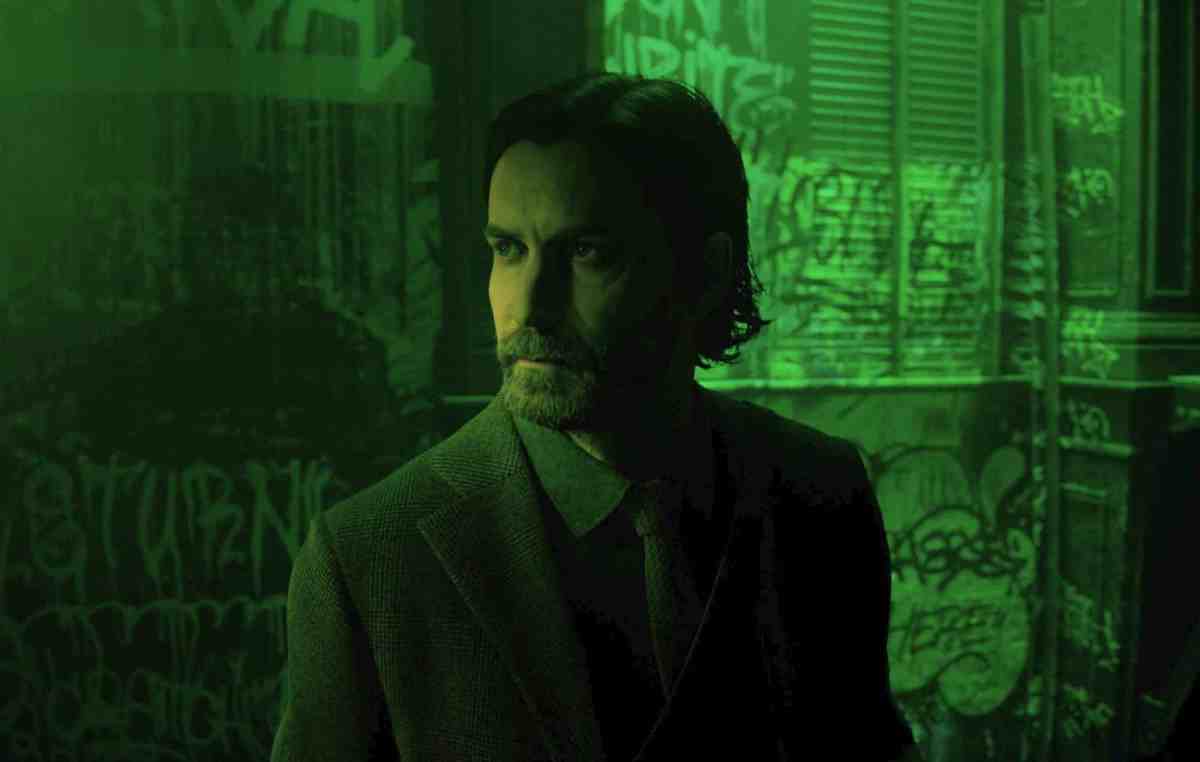Video game music conference High Score returns to Melbourne on 5-6 October 2024, bringing with it an array of insights into music and audio creation for games, sound design, and more, with keynote speakers including Richard Lapington of Remedy Entertainment (Alan Wake 2), Sonia Coronado of PlayStation (God of War: Ragnarok), and Australia’s own Montaigne and Yon Hall (Stray Gods).
Ahead of appearing at High Score, Richard Lapington spoke to GamesHub about the beginnings of his career, and some of the insights he hopes to share as part of the upcoming conference.
“I love talking to other audio professionals, and I’m curious about the game development culture in Australia, especially how audio fits into that culture,” he said. “I hope I can share some of my experiences and expertise while learning from others. Hopefully, we inspire each other to push the art of audio design, music, and dialogue to new heights!”
Lapington is currently the audio director at Remedy Entertainment, and has contributed to works including Alan Wake 2, Quantum Break, and Death Rally (2011). His passion for audio design has taken him across the games industry, inspired by an early love for music and experimenting with sound.
“When I was young, I played in a few bands and loved messing with different effects and recording machines,” Lapington told GamesHub. “This abstract form of expression, inherent in music and sound design, really appealed to me. There’s a primeval emotional connection we have to sound and music that resonated with me then, and still does now.”
Read: Scoring a role: how do you compose music for games?
Since getting his start in the industry, Lapington has been able to experiment with a range of audio technologies, diving deep into the worlds of horror and suspense, and pushing the boundaries of what’s possible with sound. According to Lapington, the ways in which audio is created and delivered has evolved since his beginnings in the games industry, and it will likely continue to evolve in future.
The evolution of audio design

“When I started in game audio, even basic things like accessing good source materials were harder to come by. Now, there’s a whole plethora of excellent libraries to choose from,” he said. “Also, the technology used in audio creation – DAWs, plugins, etc. – is much more powerful now than it was then. On the game engine side, things have changed a lot. Tools like Wwise, MetaSound, FMOD, have had a significant impact on the design process.”
“With the PS5 and modern PCs, we’re starting to return to the concept of ‘creative technology’ and real-time rendering, but the focus has shifted. We’re asking new questions like: How do we make the reverb sound more realistic and immersive? How do we sync visuals and audio more closely? It looks like the future will continue down this path.”
It’s this evolution that fascinates Lapington, and part of which will be discussed during High Score. Much of this evolution also played a part in the creation of Alan Wake 2, which is notably a more horror-oriented title than past Remedy Entertainment games.
Read: Alan Wake 2 Review – Save The Writer, Save The World
“Creating dread is all about pacing, timing, and foreshadowing. In games, where the player has agency, those elements are impossible to predict,” Lapington said of his work on Alan Wake 2. “We spent a lot of time trying to build systems that could replicate these feelings, but they ultimately became too complex to maintain, and the results weren’t worth the hassle. In the end, we relied more on misdirection and deception to create the horror vibe.”
Lapington hopes that audio designers will be able to learn much from his work on Alan Wake 2, gaining insight from the pairing of audio with aesthetics, and the reasoning behind the game’s design choices.
“I’d like to think that audio designers and musicians who play the game are listening for the “why” behind our design choices, come to their own conclusions, and take those insights into their own work,” Lapington said. “We spent a lot of time asking ourselves, “Does this aesthetically work?” and I hope that thought process influences those analysing the game.”
Those keen to learn more from Richard Lapington and the audio creation process at Remedy Entertainment will be able to hear it during High Score. This conference takes place from 5-6 October 2024 at LCI Melbourne in Collingwood, and select talks will be available via live stream.
You can learn more about High Score on the APRA AMCOS website.
Password: LISTEN
